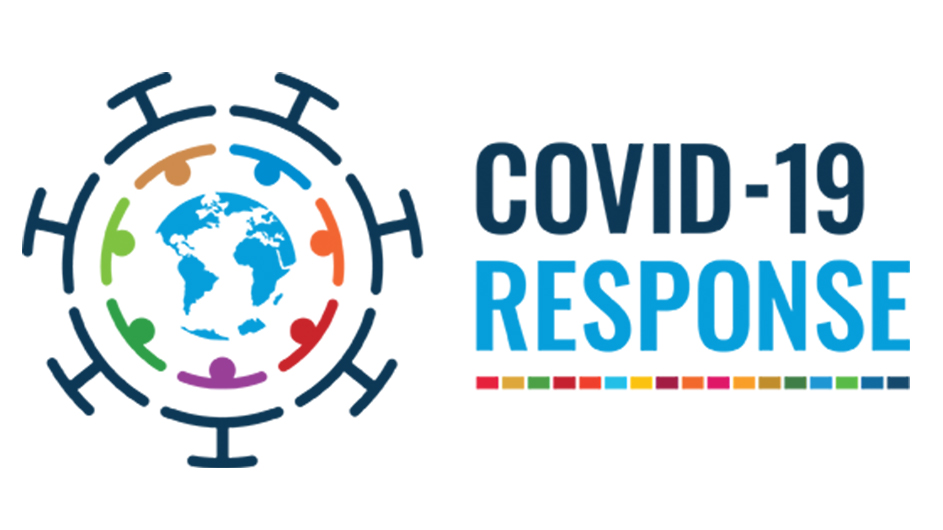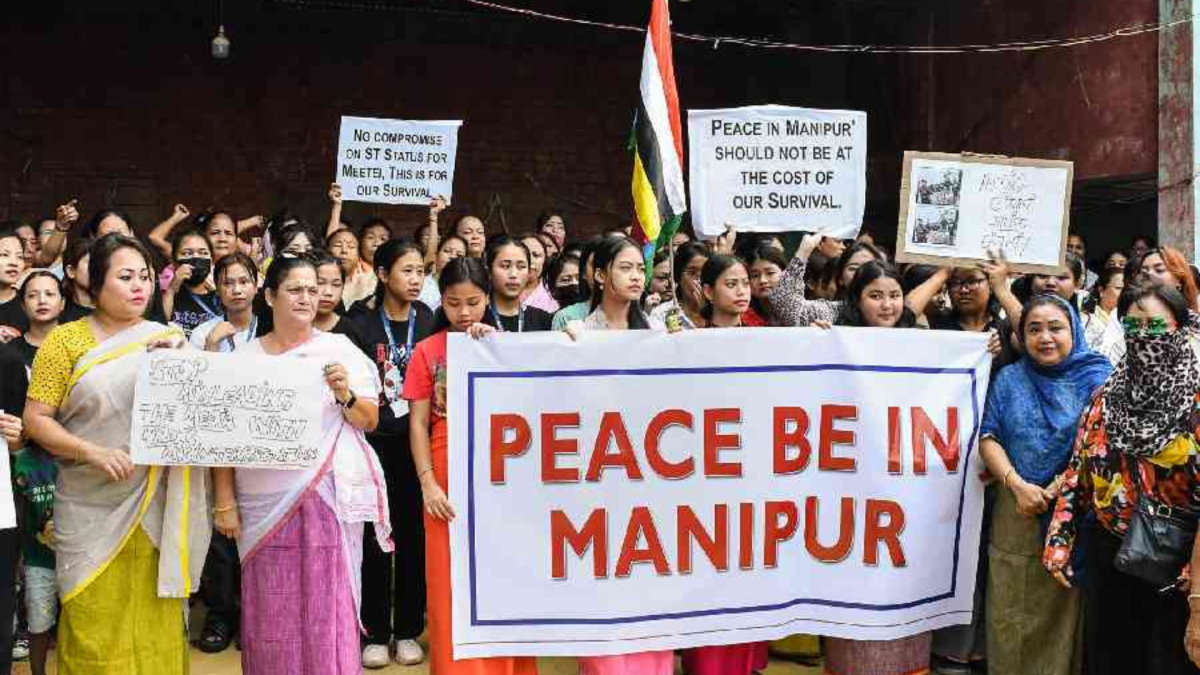The Covid-19 not only presents a crisis to our health systems, but also to economic and political systems everywhere. It brought to light the ugly sides of our society – the inequities and the ever deepening wedge that the pandemic drove into it. The Covid-19 pandemic also disproportionately affected young individuals around the world. Their education was thrown into disarray. Many young people, who might have just entered the workforce, lost their employment. Their mental health deteriorated, and many of them had to go back home to abusive families and partnerships. However, a large proportion of young people do hold out hope that a comprehensive, robust recovery from the pandemic is possible. Perhaps, there is no going back to older times, but the possibility of embracing and therefore thriving in the new normal is something we must all continue to look forward to. As such, young adults have also been assisting in the development of solutions to ensure that their communities emerge stronger than before the pandemic – because it requires all of us to pick up the pieces of what the pandemic, which is still ongoing, has left behind.
Education is perhaps the most crucial factor affecting young people in the post-covid era. Because education has been severely interrupted, and schools are just now trying to return to traditional teaching methods, the challenges associated with online education continue. Many students were unable to access the internet and thus online classes because of this. There is still plenty for these children to learn, and they have been thrust into a situation where they have discovered that education can still be difficult to obtain.
Next, for young adults, the post pandemic world can also be a scary place to enter the job force. During the pandemic, lockdowns resulted in industry- or sector-wide closures. Retail and hospitality are two examples of industries where widespread closures resulted in mass layoffs. Others who worked in less well-paying jobs may have discovered that their sources of income had dried up. However, many young people’s education and training have been disrupted, leaving them economically inactive in some circumstances. Understanding the intersectionality of people’s circumstances is required to resolve these scenarios. There needs to be an increase in the encouragement of new jobs and entrepreneurship opportunities, with a special focus on the most disadvantaged young people. Young people can also study and train more in order to bridge any skills shortages that may have occurred as a result of the pandemic’s interruptions. Furthermore, young individuals who have lost their jobs should be helped through employment services, entrepreneurship programs, and programs aimed at their entry or re-entry into the labor market.
It may be difficult for those of us who were secluded at home to return to the world as an increasingly sociable being, just as it is difficult for those of us who were isolated at home. However, the pandemic has heightened the demand for social interaction. People have realized the importance of friendships and kinship, and have learned to respect those they already have. Perhaps this will reinforce our need for connection and assist us in regaining and maintaining important relationships in our lives. More importantly, the pandemic exposed the ineffectiveness of our political systems, particularly our governments. A new normal requires us to hold our leaders accountable and guarantee that our public infrastructure is better prepared to deal with future crises. This is it. This is the only guarantee we have in the event of another disaster.







